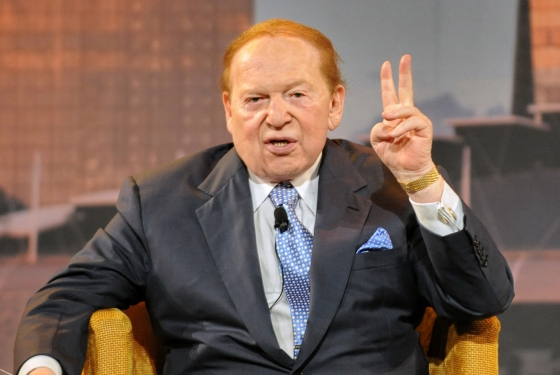Anyone who believes Willard Mitt Romney is a moderate, thoughtful alternative to the cranks and crazies who populate the contemporary GOP - to, say, a Michelle Bachmann who will say anything, no matter how evidence-free or insanely hyperbolic - need go no farther than the following quote from Romney's
current stump speech:
“President Obama believes that government should create equal outcomes. In an entitlement society, everyone receives the same or similar rewards, regardless of education, effort and willingness to take risk. That which is earned by some is redistributed to the others. And the only people who truly enjoy any real rewards are those who do the redistributing — the government.”
Romney, in his desperation to get the top government job, has shape-shifted himself into an extremist as nutty and hysterical as the rest of them. He is explicitly claiming that President Obama is some sort of socialist who doesn't value education, entrepreneurial risk or work. This is an assertion, frankly, so far removed from the reality of President Obama's actual policies, his rhetoric and his values it doesn't deserve detailed refutation.
Anyone who believes this or asserts this absurdity demagogically isn't fit to teach a junior high school history or civics class, much less aspire to the highest office in the land. Romney brings shame on himself and his party, as much as the fringe characters like Donald Trump, Sarah Palin or Michelle Bachmann have with their "crazy talk."
(Paul Krugman also references this Romney nonsense in
an excellent column today.)


























![What do you think is the most important problem facing this country today? [OPEN-ENDED] January 2012 results](http://sas-origin.onstreammedia.com/origin/gallupinc/GallupSpaces/Production/Cms/POLL/kriiub3f4eobdabq5qfftg.gif)










